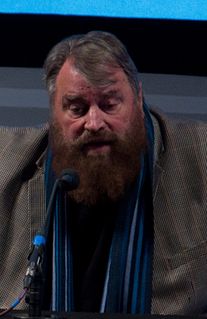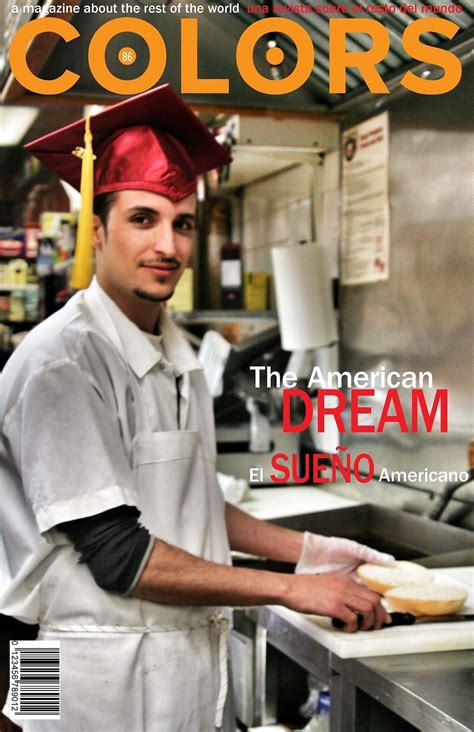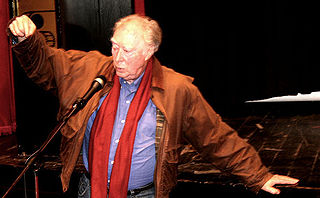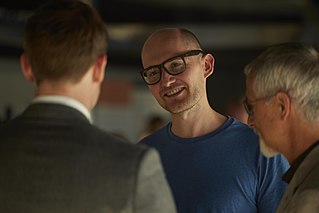A Quote by Roland Barthes
As Spectator I wanted to explore photography not as a question (a theme) but as a wound.
Related Quotes
I thought, you know, I would probably not have seen that. On the other hand, he's obviously completely telling the truth. So, then what is that? That's - I wanted to explore that. And then I wanted to talk about how ideas are born. And the big question that the book asks in a number of ways about a number of things is that. How does a new idea come into the world?
That's one of the things I wanted to explore, the idea that I don't agree with one bit, that to be Bulgarian is to be Christian and if you're Muslim you're a Turk. It's that sort of line of reasoning that's causing a lot of trouble. Because what does religion really have to do with anything? It's just a bizarre question.



































